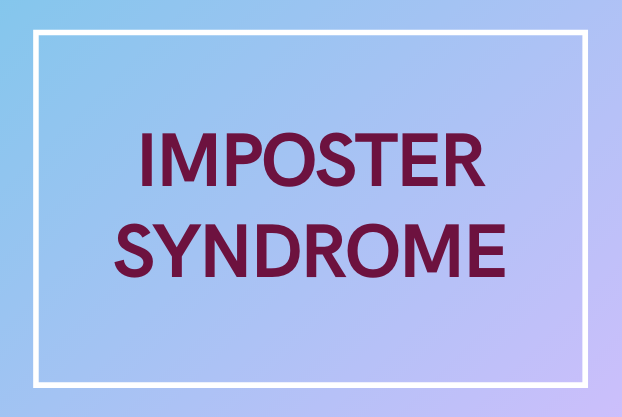You’ve most likely heard of Imposter Syndrome in the past few years. You know those moments when you feel like you don’t belong in your own skin? When you feel like you don’t deserve what you have or can’t really live up to what is required of you (despite having the qualifications)? These are indicators that your trauma has led you to develop Imposter Syndrome.
What Are Some Signs Of Imposter Syndrome?
These are some Big Thoughts you might have:
- I don’t deserve the job I have
- I don’t deserve praise for this
- I don’t know why they love me
- I won’t be able to do it
- I’m not smart or good enough for this task
Overcoming these emotions doesn’t have a simple to-do list. The reason behind you developing this syndrome can be multiple and are likely important to address via therapy.
Why Do I Feel Like An Imposter?
Imposter Syndrome is likely caused by stupid parents who won’t recognize your worth. This leads you to believe you’re an imposter, even when you’ve worked hard. Invisibilization of your emotions, achievements and work as well as emotional neglect leads you to believe that you aren’t good enough, aren’t smart enough and don’t deserve the good things in your life. This type of trauma in childhood can lead to Imposter Syndrome as well as low self-esteem and a lack of motivation to try new things.
So How Can I Deal With Imposter Syndrome?
Trauma therapy is a gradual process. Other than addressing your pain, your therapist is likely to recommend other steps to help you rewire the way you think about your worth.
- Ask yourself if it’s fear or humility holding you back
- Track your own progress or refer to your superior when taking on new tasks- this works as evidence that goes against your feelings of inadequacy
- Allow yourself more space to make mistakes
- Address your trauma in therapy in order to help yourself let go of pain
Imposter Syndrome stems from childhood emotional neglect and invisibilization which leads to a feeling of worthlessness. The deep-seated fear of being undeserving or underqualified is hard to address and even harder to work through. You will constantly make up reasons to justify how you’re feeling. Another Light provides a safe space and trauma therapy in order for you to work through these reasons and disprove them for yourself.

